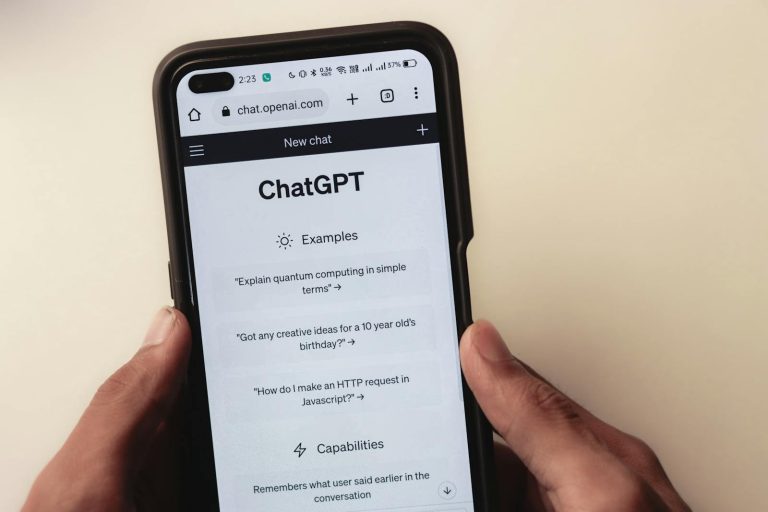Kenyan startup, Phindor introduces AI-based shop assistant system

Phindor, a Kenyan startup, has released a next-generation shop assistant system that uses artificial intelligence (AI) to support local companies with record administration, data collection, and storage.
Phindor originated as a website that helped customers find and compare prices for school supplies, but in 2018 it shifted its focus to data management and analysis.
“We decided to concentrate on creating a simple, lightweight, and affordable tool to allow businesses take data, store it, and utilize AI to derive insights from it, just like the big firms,” co-founder Pheneas Munene told Disrupt Africa.
When the Phindor app was released in January, that goal became a reality. It’s a business assistant app that lets companies seamlessly record sales data both online and offline, get customer feedback through automated surveys, create smart supply chain networks for both retailers and suppliers, analyze and recommend markets and customer segments, and forecast business performance. It also allows you to track markets and products.
“We’re enabling them to use AI to make sense of this data by assisting them in segmenting customers in their markets, generating smart supply chain networks, analyzing their markets and forecasting future business performance, as well as tracking sale items over time to enable them to make proper purchase decisions, just like we track currencies and stocks,” Munene said.
The startup, which is now self-funded, has enrolled around 500 customers since January. When it comes to corporate technology, Munene believes Phindor’s user niche is mostly neglected.
“When we walk into someone’s shop and explain what the app can do, it’s usually a “wow” moment.” Surprisingly, we discovered that the majority of consumers had ideas for such a product but had never found a solution that met all of their demands in a way that they would accept. We’ve had some trouble explaining the app to the less tech-savvy, but overall, adoption has gone well,” he said.
The firm, which is now based in Kenya, is looking for capital to grow its user base and expand to Nigeria, Rwanda, and Ghana, as well as the rest of Africa.
“We charge our users a small percentage of their monthly sales on top of a flat rate of US$5 a month that can be broken to weekly or daily payments,” said Munene.







